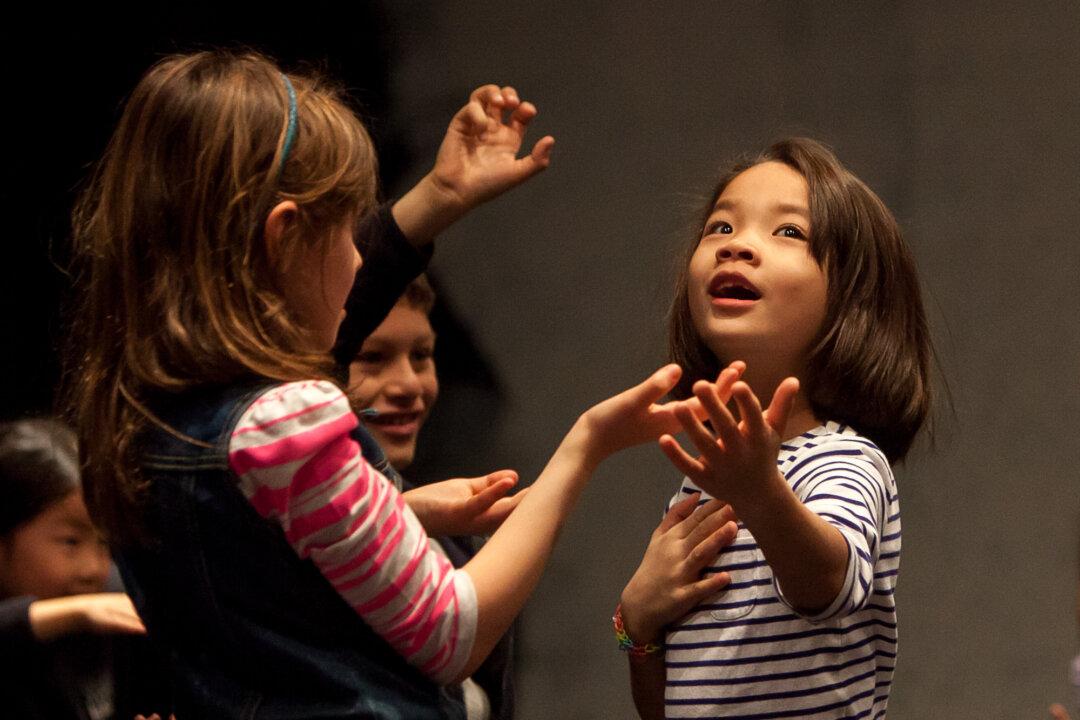NEW YORK—On Monday all of the city’s public schools closed their doors for the mid-winter recess. Janine Sopp has a whole week of fun prepared for her daughter. They are going to watch movies, play in the snow, and work together in her art studio.
Sopp is self-employed and can change her schedule to enjoy the recess with her 10-year-old. But as a single mother, she can also understand this can be a hard time for working parents.
Winter break is a double-edged holiday. It gives children nine days off school, while serving up five days of anxiety for working parents browsing through child care options.
The Birth of Mid-Winter Recess
The mid-winter recess took place for the first time in 1978 as an attempt to save money during the oil crisis. But it took more than a decade until it was brought back.
In 1991, the city persuaded the teachers union to accept a $40 million cut to teacher salaries until 1995 to avoid midyear layoffs. In exchange, teachers received some sabbatical privileges and a weeklong holiday. Thus, the midwinter recess was born.
No school days were lost in fact, as teachers gave up Lincoln’s Birthday, Washington’s Birthday, Election Day and two teacher-training days for the week off.
Plenty of Options
Even today the holiday seems to be a hard one to tackle.
“It sneaks up on you and you have no idea how to handle it once it arrives,” wrote Stephanie Ogozalek, mother and a freelance writer, in her blog post on MommyPoppins.com.
Ogozalek specializes in digging up all sorts of activities for New York City’s children. According to her, finding some for the winter break is easy.
One program, NYChessKids Winter Camps, engages 100 children at P.S. 116 and P.S. 334 in the game of chess. Even beginners are invited, but many of the children play chess in afterschool programs and know their way around the chessboard. The price is $85 for a day or $400 for a week.
Parents of future Broadway stars may have heard about Tada! Youth Theater. During its winter camp teachers co-create a story for a musical show together with children, and then pick Broadway songs or original Tada! songs that “help tell and move the story forward,” according to Rod Christensen, the program’s education director.
Through dancing, singing, and acting the children learn how to cooperate, express themselves, and, ultimately, gain more confidence.
“I was shy in the corner, but after five minutes I was totally outgoing,” said Svetlana Greeley, who attends the older class at the camp for ages 9–14.
Deniz Gonen is also in the older class. Her family couldn’t go on a ski trip as usual and she wasn’t very excited about going to a camp instead. But she ended up enjoying it anyway. “Nobody makes fun of you when you look like an idiot,” she said.
Most winter camps are focused on arts, sports, science, cooking, or academics. Prices range from $45 to $150 per day and activities usually start at 9 a.m. and end between 3 p.m. and 5 p.m. Longer days can be arranged at some programs for an additional fee.
Museums all over the city have prepared winter break programs too, and the Parks Department offers free swimming lessons at six sites across the city.
Homework Fun
Aside from fun, children need to focus on preparation, as many schools give students homework packets to complete over the holiday. However, some are trying to make them a little more entertaining.
“We try to send things that are not just regular homework,” said Lisa North, a second-grade reading teacher from Brooklyn. She would ask students to read a book and write a report on it, or write a persuasive letter, a literary form her students just learned. Other teachers might give students a science experiment to try out.





